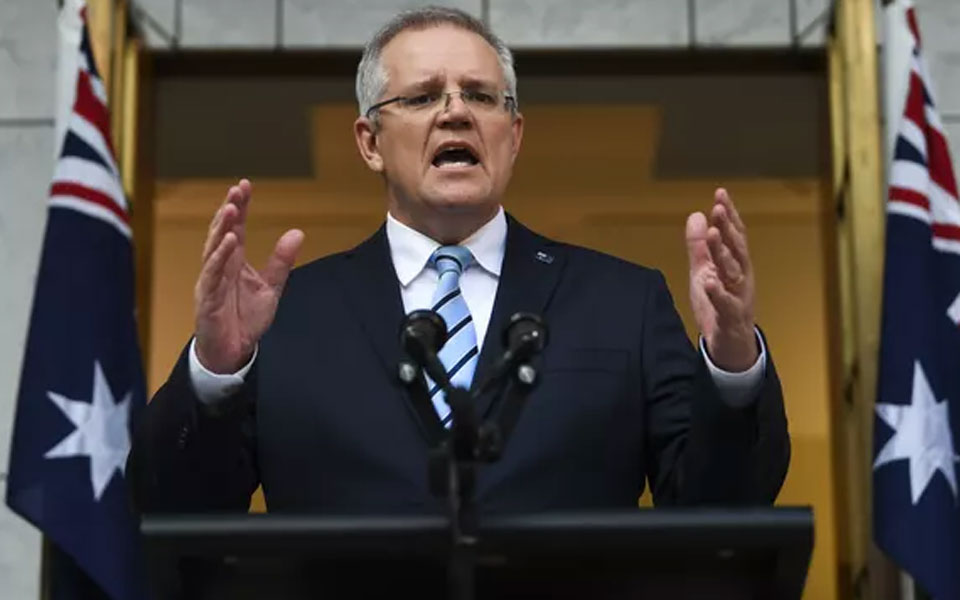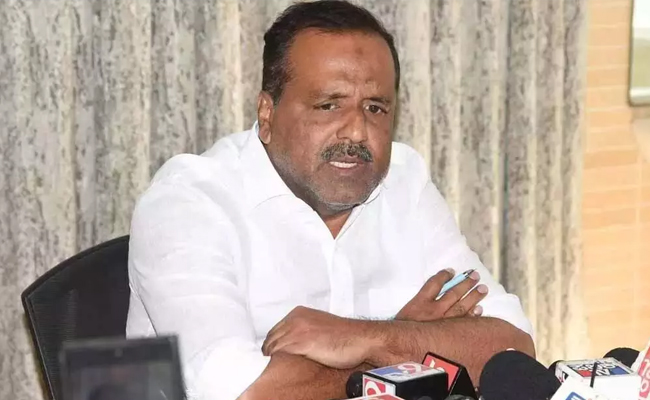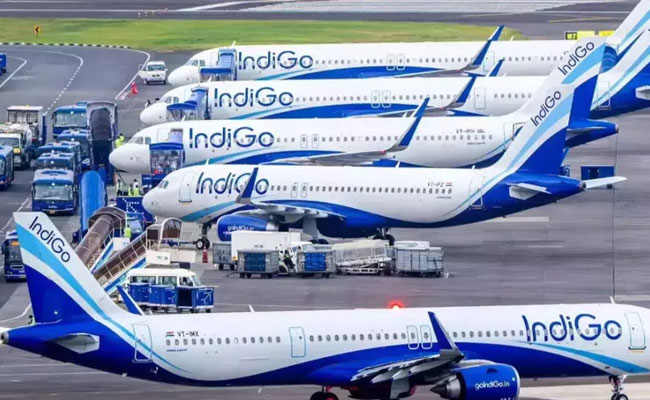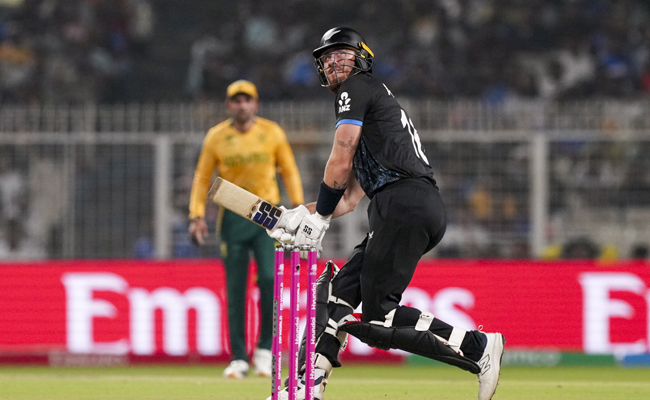Melbourne, Oct 22 : Australian Prime Minister Scott Morrison on Monday issued an emotional national apology to thousands of survivors and victims of institutional child sex abuse for failing to protect them from "evil dark" crimes committed over decades and said he was angry at those who have abused the "shield of faith and religion" to hide their misdeeds.
The formal apology followed a national investigation into institutional sexual abuse in Australia, which spanned five years and stunned the country with revelations of thousands of cases of shocking abuse in institutional settings like churches and orphanages.
In a speech which was broadcast live across the country, Morrison said the trauma suffered by the victims had been "hiding in plain sight for too long."
"To the children we failed, sorry. To the parents whose trust was betrayed and who have struggled to pick up the pieces, sorry. To the whistleblowers, who we did not listen to, sorry. To the spouses, partners, wives, husbands, children, who have dealt with the consequences of the abuse, cover-ups and obstruction, sorry. To generations past and present, sorry," Morrison said.
"Silenced voices. Muffled cries in the darkness. Unacknowledged tears. The tyranny of invisible suffering. The never heard pleas of tortured souls, bewildered by an indifference to the unthinkable theft of their innocence."
He said it was a sorry that dare not ask for forgiveness but rather "seeks to reach out in compassion into the darkness, where you have lived for so long" and assured them: "I believe you, we believe you, your country believes you."
In a rare show of emotions, Morrison briefly broke down and fought back tears when he talked of meeting leading author and advocate Chrissie Foster.
"As a father of two daughters I can't comprehend what she has faced," Morrison said. Two of Foster's three daughters, Emma and Katie, were repeatedly abused by a local school Catholic priest near their home in Oakleigh, Melbourne.
Morrison listed the many institutions where abuse has taken place.
"I am angry too at the calculating destruction of lives and the abuse of trust, including those who have abused the shield of faith and religion to hide their crimes, a shield that is supposed to protect the innocent, not the guilty," he further said.
"We can never promise a world where there are no abusers but we can promise a country where we commit to hear and believe our children."
The Prime minister also noted the work government was doing in response to the royal commission, especially the national redress scheme. The apology follows the release of last year's report by the Royal Commission into Institutional Responses to Child Sexual Abuse last year.
The apology comes 10 months after the Royal Commission into Institutional Responses to Child Sexual Abuse issued a damning final report into the abuse of children at a wide spectrum of institutions reaching back decades.
The report warned that children were still being sexually assaulted.
Morrison and Opposition Leader Bill Shorten both agreed to cancel Monday's Question Time in the House of Representatives out of respect for those affected by abuse.
Among the survivors watching the apology was 96-year-old Katie, who was abused at the Sisters of Saint Joseph orphanage at Gore Hill, on Sydney's north shore. As one of Australia's oldest survivors of child sexual abuse, she said the apology seemed "very sincere".
The national apology was a recommendation from the royal commission, which held nearly 60 public hearings and 8,000 private sessions.
In its final report, the commission estimated the number of child victims in the tens of thousands, saying their abusers were "not just a few rotten apples".
Morrison announced that the Government would also set up a museum, to collect the stories of survivors, and fund a research centre to raise awareness about child abuse.
Shorten also condemned institutions that covered up abuse.
"It was never your fault," he told survivors. "Not then, not now. You have nothing to be ashamed of. There was nothing wrong with you and you did nothing wrong."
Shorten said the apology belonged to people whose lives had been ruined by their abuse and the royal commission was a singular opportunity to act for them.
"We have the power, the authority and the responsibility to turn these recommendations into actions, without caveats or compromise."
Let the Truth be known. If you read VB and like VB, please be a VB Supporter and Help us deliver the Truth to one and all.
Mangaluru (Karnataka) (PTI): Karnataka Legislative Assembly Speaker U T Khader on Wednesday sought an inquiry after a large number of Aadhaar cards were found on the banks of the Nethravathi River here.
The cards were found at Farangipete in Pudu village of his Mangaluru Assembly constituency.
Khader, in a note to the Project Manager of the Unique Identification Authority of India (UIDAI), Bengaluru, sought immediate intervention and necessary action against those responsible.
In the note dated March 4, he said that local residents noticed the Aadhaar cards along the riverbank on March 3.
Following information received from the public, the Pudu Gram Panchayat president and villagers collected the Aadhaar cards found scattered in the area. They subsequently brought the matter to his attention and the concerned authorities, he said.
Expressing concern over the incident, the Speaker has directed that a thorough investigation be conducted to ascertain how such a large number of Aadhaar cards ended up on the riverbank and to identify those responsible.
He instructed officials to initiate appropriate legal action through the concerned department at the earliest.





